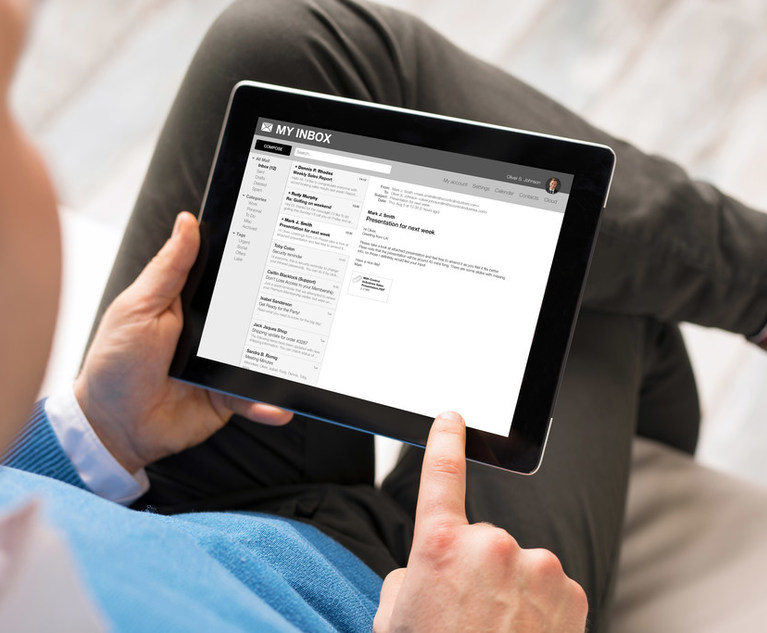In-house, transactional, tax, and other lawyers regularly find themselves providing legal advice in communications that also may involve business, tax, or IP (e.g. patent) advice. When litigation arises, and a party is requested to produce such “mixed” or “dual-purpose” communications, courts and lawyers must determine whether any of such communications must be turned over. After all, although legal advice may be subject to the privilege, business advice is not. Where is the line in “mixed” communication to be drawn?
When a firm was served with a grand jury subpoena to produce documents that contained both legal and tax advice, its lawyers objected and eventually found themselves before the U.S. District Court in Los Angeles. There, the court preliminarily held, consistent with many federal courts (including several in New Jersey), that mixed communications may be withheld from production only if their “primary” purpose is legal advice. The Court of Appeals for the Ninth Circuit affirmed, see 23 F.4th 1088 (Jan. 27, 2022), and the Supreme Court granted the firm’s petition for certiorari in October 2022.
This content has been archived. It is available through our partners, LexisNexis® and Bloomberg Law.
To view this content, please continue to their sites.
Not a Lexis Subscriber?
Subscribe Now
Not a Bloomberg Law Subscriber?
Subscribe Now
LexisNexis® and Bloomberg Law are third party online distributors of the broad collection of current and archived versions of ALM's legal news publications. LexisNexis® and Bloomberg Law customers are able to access and use ALM's content, including content from the National Law Journal, The American Lawyer, Legaltech News, The New York Law Journal, and Corporate Counsel, as well as other sources of legal information.
For questions call 1-877-256-2472 or contact us at [email protected]


 Credit: Kaspars Grinvalds/Adobe Stock
Credit: Kaspars Grinvalds/Adobe Stock




